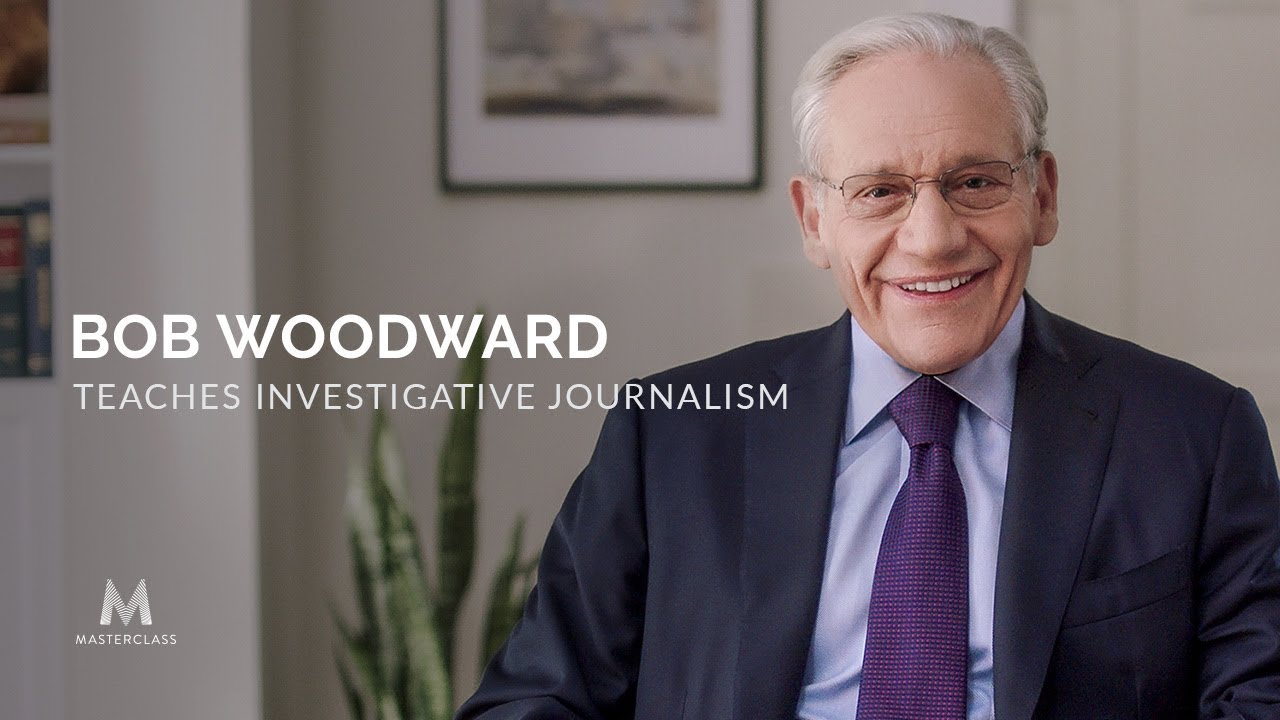Let's Get It Right:
Fact-Checking In The Age of
Mass Disinformation
Be A Fact-Checking Ninja!
In the age of mass disinformation, how can we find (and share) credible sources of information.
How to know who to trust?
As filmmakers, storytellers and journalists, how can we make sure what we are sharing is factual and truthful?
Related: Journalism vs Documentary: 3 Key Differences
Why Fact-Checking Is Important
As journalists and storytellers it is our job to gather, interpret and share information with the public.
"We are dealing with volatile raw material. Handled carelessly, the facts we uncover, research and present have the power to cause misunderstandings, damage and could, potentially change the course of history," says David Brewer, a media consultant and founder of Media Helping Media.
In addition, if you have hopes of getting your documentary on Netflix or another one of the major television networks or streamers, they will require strict accountability on your facts and sources.
So getting your facts straight... matters!
Here are some top tips to keep in mind as you are making
your documentary and gathering information for your film.
Related: Should You Pay Your Documentary Subjects?
Journalism 101: Best Practices For Fact-Checking
Three Sources Rule – No matter how trustworthy the source of information (the pope, your mom, the associated press, etc), triple check that information with as many sources as possible until you feel confident the information is correct.
The basic rule of thumb in journalism is to confirm the information with at least three separate non-related CREDIBLE sources.
And as the video above explains, make sure those sources are not just repeating each other's false information.
What Is A Credible Source?
Well, that depends on what kind of information you're gathering. An eye witness to an event is a credible source to help piece together what happened at that event, but an eye witness is not necessary a credible source for providing context on why that event occurred.
Or what about medical information. Is a study on 10 people by a company who profits from the study results credible? Probably not. What about a government study over a time period of 20 years with 100,000 people and no profit motives. Maybe that one's more credible? The only way to know is to check with multiple people who are experts in their field and have no connection with your other sources.
By
talking with all these independent sources you can begin to get an accurate
picture of the truth.
Get Started Making A Documentary: 7-Day Documentary Crash Course
Attribution and Transparency
In good journalism, it’s important to share with the viewer/reader where your information originated.
This not only provides your story with credibility, but allows the viewer to make up their own mind on the credibility of the information.
As part of your research, keep good notes (ie. Google doc spreadsheet) so that you can always quickly reference all your material.
Fact vs. Opinion
A fact is information that can be proven as true or false (2 + 2 = 4).
An opinion is an expression of a person’s feelings which may or may not be based on fact (“that building is going to collapse”).
And “spin” or "propaganda" is when certain pieces of information are pieced together in such a way to make you believe something is true.
Polls, Studies and Statistics
It’s an amateur mistake to believe that the results from a study or statistics are facts.
Beware that studies can be misleading and easily manipulated.
It’s absolutely essential to know WHO conducted the study and their motivation.
Who PAID for the study.
How LONG, over what period of time, was the study conducted.
HOW MANY people were involved in the study?
HOW was the information gathered?
What is the CONTEXT of the information?
And many other such questions.
For example, a study conducted by a pharmaceutical company on the effects of one of their drugs should be examined with much skepticism.
Be Aware Of Your Own Biases
Have you already made up your mind about how your documentary is going end?
Have you come up with pre-determined conclusions before investigating the facts?
If so, be aware of these biases and push yourself to seek alternative viewpoints.
The film (and your journey making it) will be much richer if you can approach the project with hyper curiosity and as an explorer on a mission of discovery.
Multiple Viewpoints and Sources
There are many ways to gather information for your documentary: internet, one-on-one interviews, institutions, libraries, events, social media, on-site investigation, etc.
Don’t rely on just one research method or type of person for your information.
Utilizing all the combined methods and speaking with people from all sides of the issue will provide you with a much richer, accurate and well rounded picture of your topic.
Resources:
Reuters Handbook of Journalism
Bob Woodward Teaches Investigative Journalism
Bob Woodward Teaches Investigative Journalism (MasterClass)
Documentary Courses & Templates
Recommended For You
- Should You Pay Your Documentary Subjects?
- 12 Point Checklist For Aspiring Documentary Filmmakers
- Is Media Biased Against Trump?
- How To Make A Full Time Living As A Documentary Filmmaker
- How To Get Started Making A Documentary (Free Mini-Course)
Ready To Make Your Dream Documentary?
Sign up for our exclusive 7-day crash course and learn step-by-step how to make a documentary from idea to completed movie!











